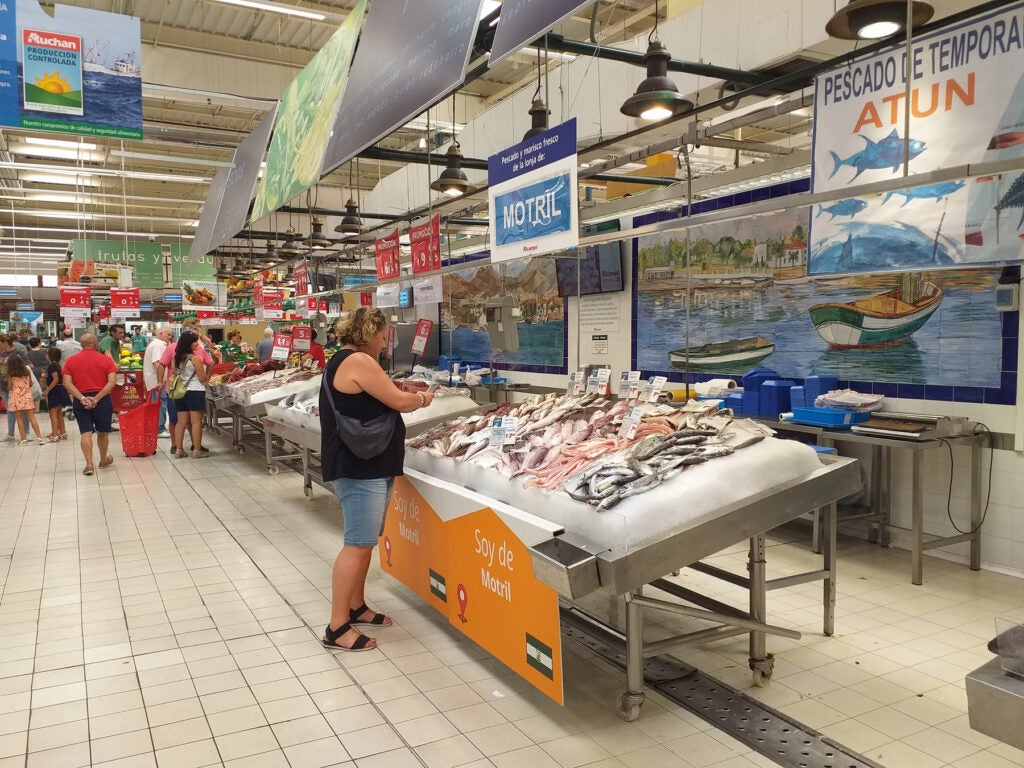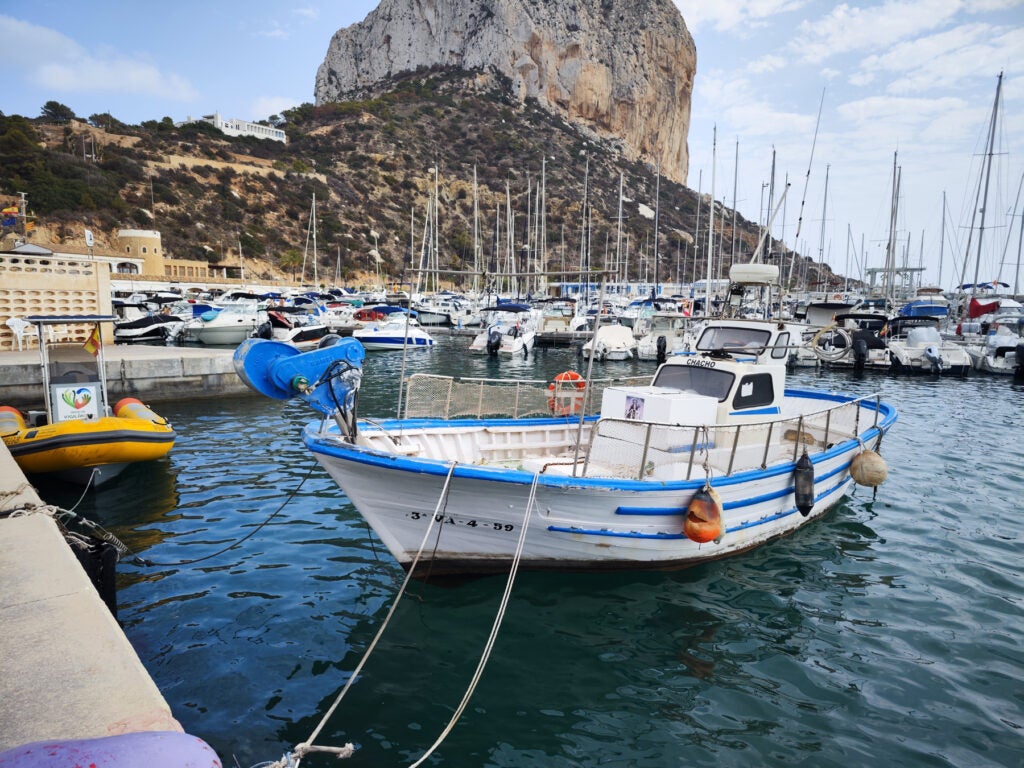April 14, 2025
The true costs of overfishing in the Western Mediterranean
In the Western Mediterranean, overfishing remains a major issue, Oceana estimates that 60% of fish populations under the Western Mediterranean multiannual plan (West Med MAP) are subject to overfishing. France, Italy, and Spain are failing to sustainably manage valuable species such as hake, red mullet, and Norway lobster, threatening fish populations and putting the fishing sector’s future at risk. But the cost of overfishing goes beyond just depleted fish stocks, it has ripple effects on ecosystems, economies, and communities.
The environmental cost
Continuous overfishing weakens the ability of fish populations to recover. When too many fish are removed, breeding populations shrink, making it harder for stocks to replenish. This not only threatens individual species but can also reduce the overall biodiversity and resilience of the Western Mediterranean’s marine ecosystems. If overfishing continues at current rates, it could lead to long-term ecological shifts, making it even more difficult to restore healthy fish populations in the future.

The social cost
Overfishing impacts the people who depend on the ocean. As fish populations decline, seafood becomes less accessible to coastal communities. Species once considered everyday staples risk becoming luxury items, driving up prices and impacting food security. If key species disappear from markets, local diets (like well-known dishes) and traditions will be affected.

The economic cost
The fishing sector is already feeling the strain of overexploitation. Continuing to overfish commercially important species will harm fishers in the long run, leading to smaller catches, higher costs, and greater competition for fewer fish. With fish stocks collapsing, the industry faces the risk of job losses, reduced incomes, and struggling coastal communities that rely on fishing for their livelihoods. A short-term profit mindset could lead to long-term economic decline.
Oceana’s Recommendations for Sustainable Fisheries
To achieve truly sustainable fisheries, France, Italy, and Spain must take stronger action. Oceana urges these countries to:
- Adopt emergency measures to recover fish populations in a critical state.
- Further reduce fishing days by trawlers, aligning with scientific advice to ease pressure on fish stocks.
- Improve gear selectivity to reduce catches, particularly of juvenile species like hake, allowing them to grow and reproduce.
- Expand bottom-trawling closure areas to protect essential fish habitats that are crucial for spawning, nursery, and feeding, particularly for hake.
By implementing stricter measures and following scientific advice, Western Mediterranean countries can restore fish populations, protect ecosystems, and secure a thriving, sustainable fishing industry for generations to come.

